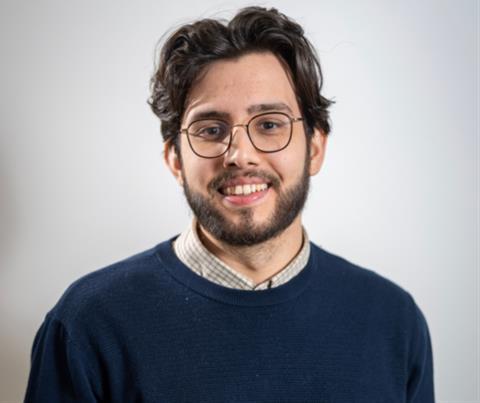A clinic specifically designed to meet the legal needs of the LGBTQ+ community is about to celebrate a successful first year.
Cardiff LGBTQ+ Law Clinic was set up in May 2021 to provide free legal advice for individuals across the country, and is on the verge of passing 100 enquiries in that time.
Solicitor Hussein Said helped to set up the clinic with the idea of supporting the trans community, but it grew over time and expanded its reach to a wider group. It is the only organisation in the country designed to specifically meet the legal needs of LGBTQ+ people.
Now staffed by around 20 volunteers – mostly law students from Cardiff University – the clinic has forged links with firms such as Eversheds and Capital Law to refer complex cases onto specialist solicitors.
‘The point of the clinic is to make clear that LGBTQ+ people require help just like anyone else,’ said Said. ‘It can be very difficult for trans people in particular to access help easily.’

This problem has been borne out by the number of people asking for help with getting a gender recognition certificate, saying they cannot find a solicitor who is prepared to guide them through the legal process.
The clinic was initially expecting to receive the majority of enquiries from people needing advice on immigration, employment or family matters. Said explained that while those calls have come in, there has been a large number of queries relating to issues around defamation.
He added: ‘We are starting to see quite a lot of powerful and wealthy people using their influence to silence people.’
Close contacts with law firms has been central to the successes of the clinic so far. Legal advisers are able to take attendance notes and other details from people and lawyers come into the clinic to provide advice if necessary.
Already the clinic has helped to secure a £16,000 settlement in an employment case and seen off the threat of a libel action against a trans disabled activist.
The clinic has also provided support for LGBTQ+ people working in law firms who may feel unable to be honest with colleagues.
Volunteer Sonia Aazem added: ‘Perhaps some firms think they don’t need to talk to the LGBTQ+ community as they think it is separate. Just hearing us talk about the clinic has made it seem like there is space in the legal community [for LGBTQ+ people].
‘It is important to spread awareness that these dynamics are at play – they don’t start only when someone leaves the office to go home.’


























